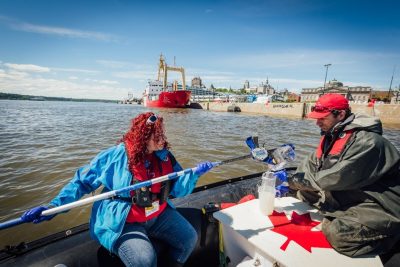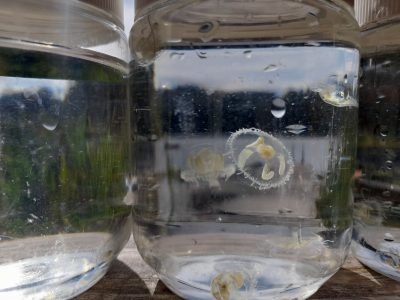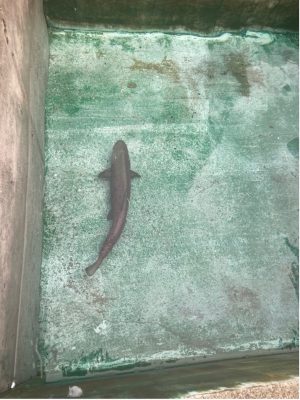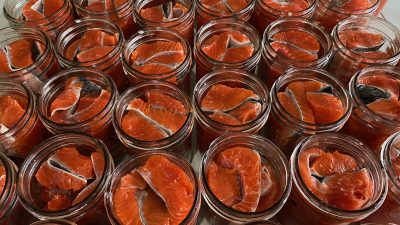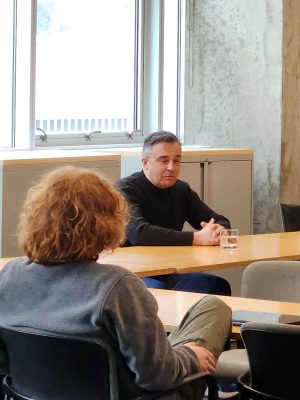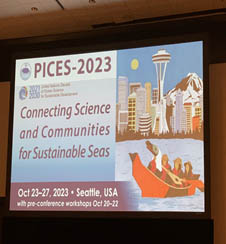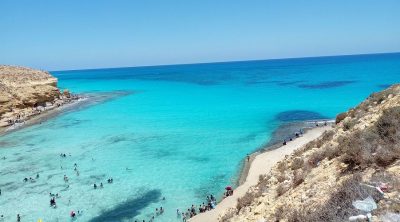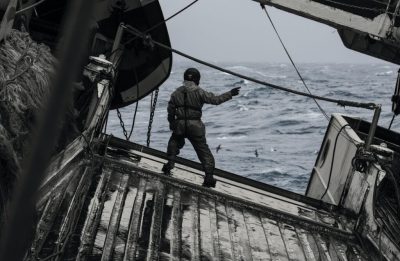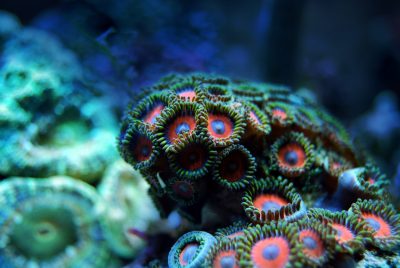Using environmental DNA to map biodiversity across Canada’s three oceans
The ability to detect the distribution of not only widespread, but also rare and endangered, species using eDNA allows researchers to identify critical habitats and biodiverse areas requiring protection.
Thousands of jellyfish clones are multiplying in B.C. lakes
An invasive, freshwater jellyfish is popping up in B.C. waters in the thousands – up to 34 places so far – and future sightings could increase rapidly by the end of the decade as climate change extends this range.
UBC researchers investigate thiamine (vitamin B1) deficiency in BC Chinook salmon for the first time
Since the 1990’s, TDC has been associated with fish and seabird declines in the Great Lakes and the Baltic Sea. In addition to direct mortality, TDC includes sublethal effects across all salmon life stages, including reduced visual acuity and feeding rates, reduced migration performance, and impaired immune response.
Indigenous data sovereignty and conservation in British Columbia
A collaborative study examined the concept of Indigenous data sovereignty in the context of salmon-bearing ecosystems in BC. The authors argue that successful conservation in the face of cumulative effects and climate change will require scientists to respect and incorporate Indigenous data sovereignty.
MP Mike Kelloway visits IOF
Mike Kelloway is federal Parliamentary Secretary to the Minister of Fisheries, Oceans and the Canadian Coast Guard
PICES Symposium brought together science from all around the world
Several IOF members presented at the symposium, with Research Associate Dr. Anna McLaskey, winning the best oral presentation in the Biological Oceanography Committee section.
Egyptian Mediterranean fisheries in urgent need of better management
Egyptian fisheries need to be better managed to secure the overall health of the Mediterranean Sea’s marine living resources, new research has found.
Fish buffered from recent marine heatwaves, showing there’s still time to act on climate change
Fish were surprisingly resilient to marine heatwaves before 2019, highlighting the need to keep seas from warming further, according to new research.
In climate change talks and development goals, the tropical majority must be recognized and respected
We are in the UN Decade of Ocean Science and that means prioritizing diversity and inclusion in all decision-making processes
